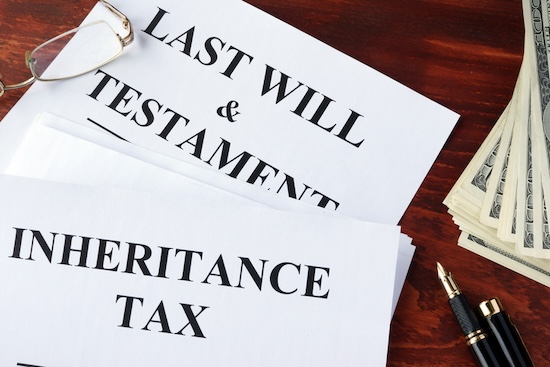Inherited assets: what you need to know about pre-CGT v post-CGT investments

.
The tax implications of inheriting an asset depend on whether it was acquired by the deceased before or after the introduction of CGT on September 20, 1985.
For post-CGT assets, the beneficiary inherits the deceased’s cost base, which is essentially the original purchase price plus any associated costs. This means that any capital gain or loss is calculated based on this inherited cost base when the asset is eventually sold.
For pre-CGT assets, the cost base is reset to the market value at the date of the deceased’s death. This can significantly impact the amount of CGT payable upon the sale of the asset, as the capital gain or loss is calculated from this new cost base.
Does the type of asset matter?
The type of asset inherited can influence the tax treatment. For example, inheriting property versus shares can have different implications.
Housing, especially the family home, can be eligible for a full CGT exemption if sold within two years of the deceased’s death - regardless of whether it was acquired before or after the introduction of CGT. However, the exemption may be lost or reduced if you sell it after the two-year window or rent it out. If the deceased acquired a property pre-CGT, the same conditions apply for a full CGT exemption, however the property could be either a main residence, or a rental property. Should the CGT exemption conditions not be met, the cost base of a main residence becomes the value at date of death, and the cost base of a rental property will be determined if it was purchased pre-CGT or post-CGT.
For shares, if the deceased acquired the shares pre-CGT, the cost base is reset to the market value at the date of death, and any capital gain or loss is calculated from that point forward. For post-CGT shares, you inherit the deceased’s original cost base, and any CGT is calculated from their original acquisition date. Accurate record-keeping, including acquisition dates, cost base details, and any dividend reinvestment or capital returns, is essential to determine your CGT liability and avoid costly mistakes.
What records and valuations are required?
For pre-CGT assets, obtaining a reliable valuation at the date of death is essential, as this forms the new cost base. Without it, the Australian Taxation Office (ATO) may apply its own assessment, which could lead to higher tax. For post-CGT assets, you’ll need to obtain records of the original purchase price, acquisition costs, and any improvements made during the deceased’s ownership.
Common scenarios and CGT impact
Several scenarios can affect the CGT implications of inherited assets:
-
Joint inheritances: When assets are inherited jointly, each beneficiary is responsible for their share of the CGT. This can complicate tax calculations and require careful coordination.
-
Using an inherited asset as an investment: Converting an inherited asset into an investment property can remove certain CGT exemptions, such as the main residence exemption, leading to higher tax liabilities.
Common misconceptions or mistakes
-
Assuming inherited assets are exempt from CGT: One of the most common misconceptions is that inheritance automatically means no capital gains tax. While certain exemptions, such as the main residence exemption may apply, they are not universal and depend on how and when the asset is used or sold.
-
Not obtaining a valuation at the date of death: Failing to get an independent valuation at the time of inheritance can lead to inaccurate cost base calculations, potential disputes with the ATO, and unexpectedly high tax liabilities down the track.
-
Believing CGT can be avoided through transfers: Transferring an inherited asset to another individual or into a trust does not eliminate CGT obligations and may, in fact, trigger tax consequences. It’s essential to understand the implications of any ownership changes before proceeding.
The value of professional advice
Navigating the complexities of CGT on inherited assets can be challenging. Professional advice from a tax specialist can help beneficiaries understand their obligations, optimise their tax position, and avoid costly errors. A tax professional can provide tailored advice based on the specific circumstances of the inheritance and ensure compliance with tax laws.
Effectively managing inherited assets starts with understanding the differences between pre- and post-CGT assets, keeping accurate records, and seeking professional advice. With the right information and support, beneficiaries can make confident financial decisions, minimise tax liabilities, and avoid common mistakes that may arise during the inheritance process.
Chris Holloway, Equity Trustees
12 August 2025
accountantsdaily.com.au
